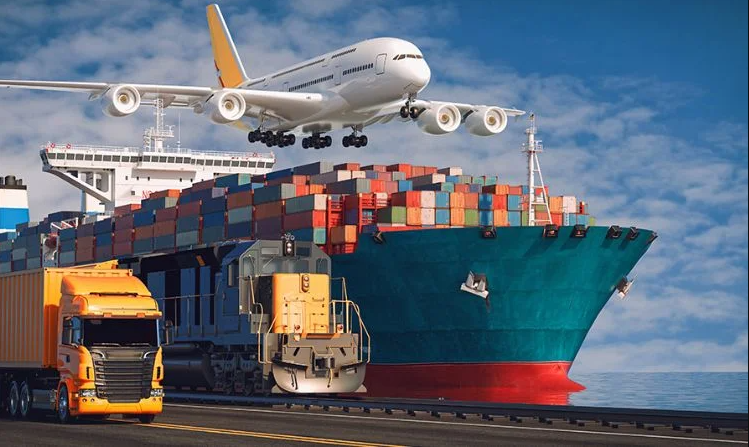Importance of Importer-Exporter Code (IEC)
23 Aug 2024

In today’s globalized economy, international trade offers immense opportunities for businesses to expand their reach beyond domestic borders. Whether you are a startup or an established company, engaging in import or export activities can significantly boost your business growth. However, to legally participate in international trade from or to India, obtaining an Importer-Exporter Code (IEC) is essential.
What is an IEC?
An Importer-Exporter Code (IEC) is a unique identification number issued by the Directorate General of Foreign Trade (DGFT), a regulatory body under the Ministry of Commerce and Industry, Government of India. This code is mandatory for any Indian business entity that intends to import goods into India or export goods out of India. Without an IEC, no entity can engage in international trade unless they fall under specific exemptions.
The Role of IEC in International Trade
The IEC plays a pivotal role in facilitating international trade. It is not just a regulatory requirement but also a vital tool for businesses to secure various benefits under the Foreign Trade Policy. For example, when claiming export incentives or benefits, having an IEC is necessary. Although service exports do not always require an IEC, it becomes necessary if the service provider is availing benefits under the Foreign Trade Policy.
GST and IEC: The Connection
With the introduction of the Goods and Services Tax (GST) in India, the process of obtaining an IEC has been streamlined. Now, the IEC is aligned with the Permanent Account Number (PAN) of the firm. This means that the IEC issued to a business is the same as its PAN, simplifying compliance. Despite this alignment, the DGFT still issues the IEC separately based on an application process, ensuring that the business meets all regulatory requirements.
Who Needs an IEC?
An IEC is required for various types of business entities, including:
Regardless of the business structure, if the entity intends to engage in importing or exporting goods, it must obtain an IEC.
Prerequisites for Applying for an IEC
Before applying for an IEC, businesses must ensure they meet certain prerequisites:
These prerequisites ensure that the business is genuine and capable of engaging in international trade.
How to Apply for an IEC?
The process of applying for an IEC is straightforward and can be done online through the DGFT’s website. Here’s a step-by-step guide:
Benefits of Having an IEC
Having an IEC offers several advantages:
Conclusion
The Importer-Exporter Code (IEC) is a fundamental requirement for any business looking to engage in international trade from or to India. By understanding the importance of IEC and following the correct process to obtain it, businesses can ensure compliance and take full advantage of the opportunities presented by global markets. Whether you are exporting goods or importing raw materials, having an IEC is your gateway to expanding your business beyond borders. For more information on how to apply for an IEC or to explore the benefits it offers, feel free to contact our PEPC. we can guide you through the process. The government fee for the fresh IE code registration is Rs. 500/-. In case of any modification and amendments in your IEC profile, the fee is Rs. 200/-.
For more services and support like this, please register as a PEPC web member by clicking this. As a member, you’ll gain access to exclusive resources, insights, and opportunities that can help you navigate the complexities of international trade and drive your export success.